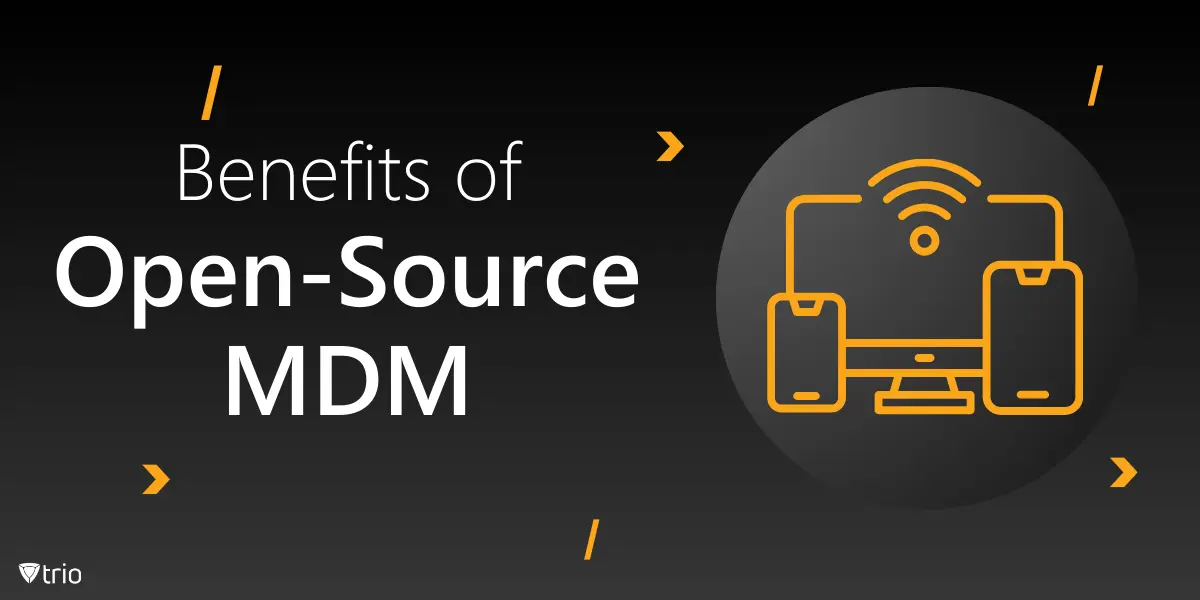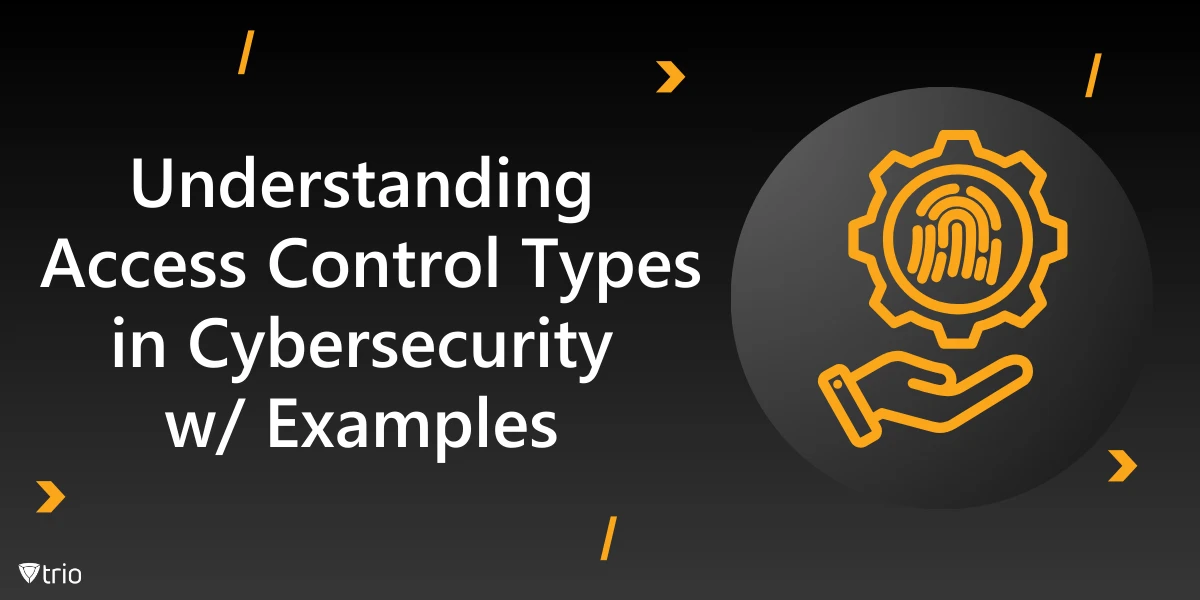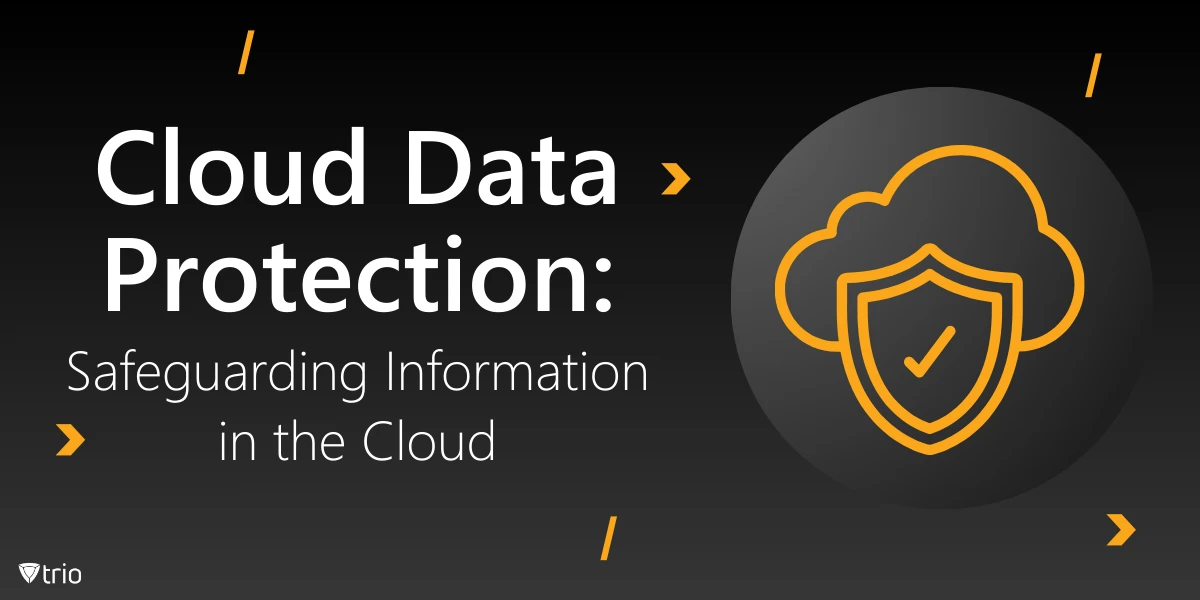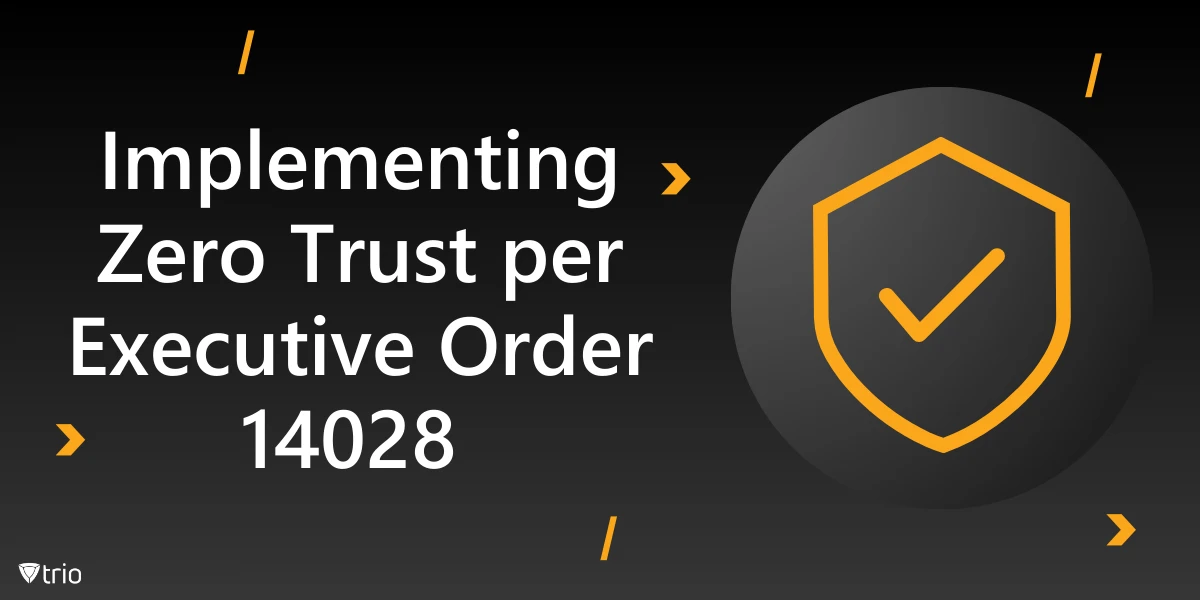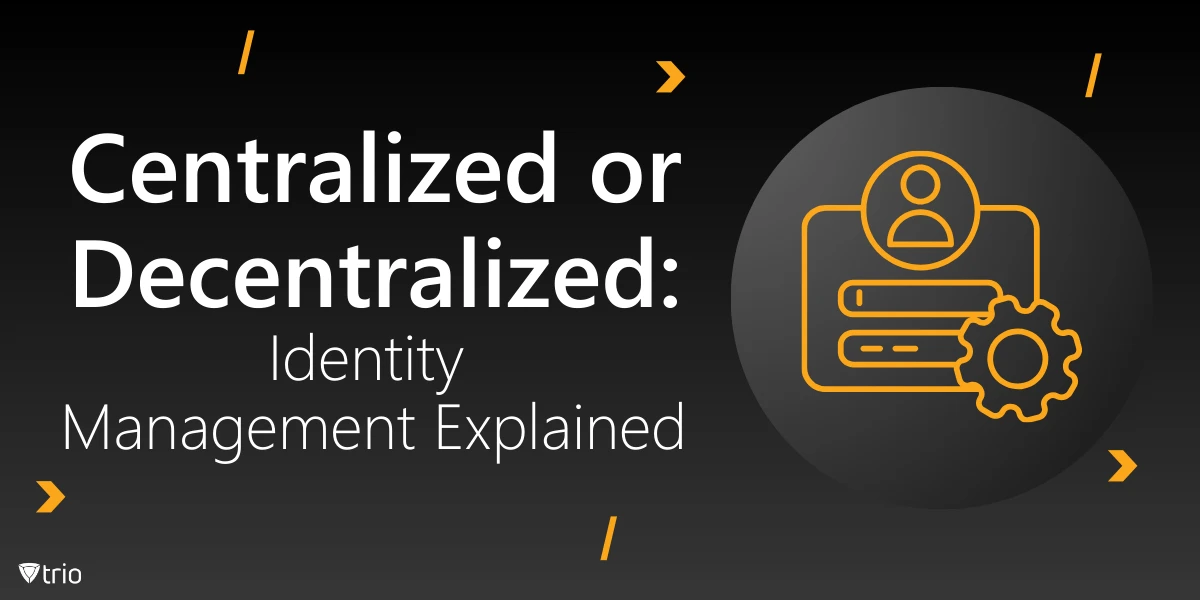As businesses increasingly rely on mobile devices to drive productivity and efficiency, the need for robust mobile device management (MDM) solutions has become more important than ever. However, with the ever-evolving technological landscape, organizations are seeking flexible and cost-effective alternatives to traditional proprietary MDM platforms. Enter open-source mobile device management, a game-changer in the realm of device management that offers unparalleled customization, transparency, and cost savings.
In this comprehensive guide, we’ll delve into the world of open-source MDM, exploring its benefits, popular solutions, and best practices for implementation. Whether you’re a small business seeking a streamlined approach or an enterprise looking to optimize your device management strategy, this guide will equip you with the knowledge and insights to make an informed decision.
Demystifying Open-Source Mobile Device Management
Open-source mobile device management, also known as open-source MDM, refers to a category of software solutions that allow organizations to manage and secure their mobile devices, such as smartphones, tablets, and laptops, using publicly available source code. Unlike proprietary MDM solutions, open-source MDM platforms are developed collaboratively by a global community of developers, fostering innovation, transparency, and flexibility.
The Open-Source Advantage: Flexibility, Cost-Effectiveness, and Community-Driven Innovation
One of the primary advantages of open-source MDM is its flexibility. With access to the source code, organizations can tailor the software to meet their specific needs, whether it’s integrating with existing systems, adding custom features, or addressing unique security requirements. This level of customization is often challenging, if not impossible, with proprietary solutions.
Moreover, open-source MDM solutions offer significant cost savings compared to their proprietary counterparts. By eliminating licensing fees and expensive subscription models, organizations can reduce their overall IT expenditure, making open-source MDM an attractive option for businesses of all sizes, from startups to large enterprises.
Another notable benefit of open-source MDM is the power of community-driven innovation. With a global network of developers contributing to these projects, new features, security updates, and bug fixes are continuously being introduced, ensuring that open-source MDM solutions remain at the forefront of technological advancements.
Exploring Popular Open-Source MDM Solutions
The open-source ecosystem is brimming with robust MDM solutions, each offering unique features and capabilities. In this section, we’ll explore some of the most popular open-source MDM platforms, highlighting their strengths and ideal use cases.
Flyve MDM: A Comprehensive Solution for Android, iOS, and Beyond
Flyve MDM is a widely acclaimed open-source MDM solution that supports a wide range of platforms, including Android, iOS, Windows, and Linux. Known for its user-friendly interface and extensive feature set, Flyve MDM offers remote device control, application management, security policy enforcement, and geolocation tracking capabilities.
Whether you’re managing a fleet of corporate-owned devices or implementing a bring-your-own-device (BYOD) policy, Flyve MDM provides the tools and flexibility to ensure seamless device management and enhanced security.
Headwind MDM: Streamlined Android Device Management
Tailored specifically for Android devices, Headwind MDM is a lightweight and highly customizable open-source MDM solution. With its emphasis on simplicity and ease of use, Headwind MDM excels in managing Android tablets, smartphones, kiosks, and digital signage systems.
One of the standout features of Headwind MDM is its plugin architecture, which allows developers to extend the platform’s functionality through Java and Kotlin plugins. This level of extensibility makes Headwind MDM an ideal choice for organizations with in-house development resources or those seeking a tailored MDM solution for their Android device fleet.
Miradore: Comprehensive MDM for SMBs and Enterprises
Miradore is a cloud-based open-source MDM solution that caters to businesses of all sizes, from small and medium-sized enterprises (SMEs) to large corporations. While not entirely open-source, Miradore offers a free tier that provides essential MDM features, such as device enrollment, application management, and security policy enforcement.
For organizations seeking advanced capabilities, Miradore’s premium version introduces features like remote wipe, location tracking, and detailed reporting, ensuring comprehensive device management and security.
OneMDM: Streamlined Android Device Management for In-House Teams
Designed specifically for Android device management, OneMDM is an open-source MDM solution that emphasizes simplicity and in-house customization. With its focus on essential features like device enrollment, application management, and security policy enforcement, OneMDM is well-suited for organizations with strong in-house development expertise.
While OneMDM may require more technical knowledge to set up and configure compared to some other open-source MDM solutions, its open-source nature allows organizations to tailor the platform to their specific needs, making it an attractive choice for those seeking a customized Android device management solution.
ManageEngine Mobile Device Manager Plus: Freemium MDM for Small Businesses
ManageEngine, in collaboration with Zoho Corporation, offers a freemium edition of its Mobile Device Manager Plus software, supporting up to 25 devices. While not entirely open-source, the free version of Mobile Device Manager Plus provides essential MDM features for Android devices, such as device enrollment, application management, and security policy enforcement.
For organizations with larger device fleets or more advanced MDM requirements, ManageEngine offers paid versions of Mobile Device Manager Plus, providing additional features and scalability.

Determining the Right Open-Source MDM Solution for Your Organization
With a plethora of open-source MDM solutions available, choosing the right platform for your organization can be a daunting task. To simplify the decision-making process, consider the following factors:
Assess Your Organization’s Needs and Resources
Before selecting an open-source MDM solution, it’s crucial to assess your organization’s specific needs and available resources. Consider factors such as the number of devices to be managed, the platforms and operating systems in use (Android, iOS, Windows, etc.), and the level of in-house technical expertise available for implementation and customization.
Evaluate Feature Sets and Integration Capabilities
Each open-source MDM solution offers a unique set of features and capabilities. Evaluate the essential features your organization requires, such as remote device control, application management, security policy enforcement, and reporting capabilities. Additionally, consider the platform’s ability to integrate with your existing IT infrastructure and third-party systems.
Consider Scalability and Performance Requirements
As your organization grows, so too will the demand for efficient device management. Ensure that the open-source MDM solution you choose can scale to accommodate an increasing number of devices without compromising performance or stability. Evaluate the platform’s ability to handle large device fleets and its track record in enterprise-level deployments.
Weigh the Costs and Support Options
While open-source MDM solutions are generally more cost-effective than proprietary alternatives, it’s important to consider the total cost of ownership (TCO). Factor in potential implementation costs, customization requirements, and the availability of community or paid support options. Additionally, assess the long-term costs associated with maintaining and updating the platform.
Embrace the Power of Community and Collaboration
One of the greatest strengths of open-source MDM solutions lies in the vibrant communities that surround them. Engage with these communities, participate in forums, and leverage the collective knowledge and expertise of developers and users alike. By actively contributing to and benefiting from these communities, you can stay ahead of the curve and ensure that your open-source MDM solution remains at the forefront of innovation.
Best Practices for Implementing Open-Source MDM Solutions
Successful implementation of an open-source MDM solution requires careful planning and adherence to best practices. In this section, we’ll explore strategies and recommendations to ensure a smooth and effective deployment.
Conduct a Thorough Evaluation and Pilot Testing
Before committing to a specific open-source MDM solution, it’s essential to conduct a thorough evaluation and pilot testing phase. This process will help you validate the platform’s compatibility with your existing infrastructure, assess its performance and scalability, and identify any potential challenges or limitations.
During the pilot testing phase, involve key stakeholders from various departments, such as IT, security, and end-users, to gather feedback and ensure that the chosen solution meets the diverse needs of your organization.
Develop a Comprehensive Implementation Plan
A well-defined implementation plan is crucial for a successful open-source MDM deployment. This plan should outline the project timeline, resource allocation, training requirements, and contingency measures. Additionally, it should address potential challenges and risks, such as data migration, user adoption, and compliance with industry regulations.
Foster Collaboration and Knowledge Sharing
Open-source MDM solutions thrive on collaboration and knowledge sharing. Encourage your IT team to actively participate in the open-source community, contribute to forums, and share their experiences and insights. This not only fosters a sense of community but also ensures that your organization stays up-to-date with the latest developments and best practices.
Establish Clear Policies and Procedures
To maximize the benefits of your open-source MDM solution, it’s essential to establish clear policies and procedures for device management, security, and compliance. These policies should be communicated effectively to all stakeholders, including end-users, to ensure consistent adherence and minimize potential risks.
Prioritize Security and Compliance
While open-source MDM solutions offer transparency and flexibility, security and compliance should remain top priorities. Regularly review and update the platform to address potential vulnerabilities, and ensure that your implementation adheres to industry regulations and best practices, such as the General Data Protection Regulation (GDPR) and the Health Insurance Portability and Accountability Act (HIPAA).
Leverage Automation and Streamline Processes
Open-source MDM solutions often provide opportunities for automation and process streamlining. Identify areas where automation can enhance efficiency, such as device provisioning, application deployment, and policy enforcement. By leveraging automation, you can reduce manual effort, minimize human error, and ensure consistent and reliable device management processes.

Trio MDM: A Comprehensive Open-Source Solution for Seamless Device Management
In the ever-evolving landscape of open-source MDM solutions, Trio MDM emerges as a comprehensive and powerful platform designed to simplify device management and enhance security for businesses and educational institutions alike.
Robust Features for Efficient Device Management
Trio MDM offers a robust suite of features that empower organizations to take control of their device fleets, streamline workflows, and ensure compliance with industry regulations. Some of the key features include:
- Seamless Integration: Trio MDM seamlessly integrates with various platforms, enabling organizations to import and export data effortlessly, ensuring a seamless flow of information across their IT infrastructure.
- Kiosk Mode: Transform devices into secure kiosks by limiting access to unnecessary functionalities, ensuring a focused and distraction-free environment for end-users.
- Profile Management: Apply predefined templates of policies and configurations to any device with ease, ensuring consistent and standardized device management across your organization.
- Live Monitoring: Gain real-time insights into how employees are utilizing their devices, enabling proactive monitoring and timely interventions to optimize productivity and security.
- Endpoint Security: Safeguard every endpoint from evolving digital threats with robust security measures, ensuring the protection of sensitive data and minimizing the risk of breaches.
- Remote Lock and Wipe: In the event of device theft or loss, remotely lock or wipe sensitive data from compromised devices, mitigating potential security risks.
Streamlined Device Management Across Platforms
Trio MDM is designed to cater to the diverse needs of modern organizations, supporting a wide range of platforms and operating systems, including iOS, Android, Windows, and macOS. Whether you’re managing a fleet of corporate-owned devices or implementing a bring-your-own-device (BYOD) policy, Trio MDM provides a centralized solution for efficient device management and security.
Scalability and Flexibility for Future Growth
As your organization grows and evolves, Trio MDM offers the scalability and flexibility to adapt to your changing needs. With its open-source architecture, Trio MDM empowers organizations to customize and tailor the platform to their specific requirements, ensuring a seamless integration with existing systems and processes.
Trusted by Leading Organizations Worldwide
Trio MDM has garnered a reputation for excellence, trusted by leading organizations across various industries, including technology, retail, education, healthcare, transportation, and finance. With a proven track record of delivering reliable and secure device management solutions, Trio MDM continues to be the preferred choice for businesses seeking a comprehensive and cost-effective open-source MDM platform.
Ready to experience the power of Trio MDM solution? Sign up for our free demo today and discover how Trio can transform your mobile device management strategy.
Embracing the Future of Open-Source MDM: Trends and Opportunities
The open-source MDM landscape is constantly evolving, presenting new opportunities and challenges for organizations seeking to stay ahead of the curve. In this section, we’ll explore some of the emerging trends and potential developments that are shaping the future of open-source mobile device management.
Integration with Unified Endpoint Management (UEM) Platforms
As the lines between traditional desktop environments and mobile devices continue to blur, the demand for unified endpoint management (UEM) solutions is on the rise. UEM platforms aim to consolidate the management of various endpoints, including desktops, laptops, smartphones, and tablets, under a single pane of glass.
Open-source MDM solutions are well-positioned to integrate with UEM platforms, providing a seamless and cost-effective approach to managing diverse device fleets. This integration not only simplifies the management process but also enhances security and compliance across all endpoints.
Embracing Artificial Intelligence and Machine Learning
Artificial intelligence (AI) and machine learning (ML) are rapidly transforming various aspects of technology, and open-source MDM is no exception. These technologies have the potential to revolutionize device management by enabling predictive analytics, automated decision-making, and proactive threat detection.
Open-source MDM solutions that leverage AI and ML capabilities can provide organizations with valuable insights into device usage patterns, identify potential security risks, and automate routine tasks, ultimately improving efficiency and reducing the risk of human error.
Increased Focus on Privacy and Data Protection
As data privacy and protection regulations continue to evolve, open-source MDM solutions will need to prioritize compliance and transparency. Organizations will seek MDM platforms that not only adhere to industry standards but also offer granular control over data access and usage.
Open-source MDM solutions, with their inherent transparency and community-driven development, are well-positioned to address these concerns. By leveraging the collective expertise of the open-source community, these platforms can stay ahead of regulatory changes and implement robust data protection measures.
Embracing the Internet of Things (IoT) and Emerging Device Categories
The proliferation of the Internet of Things (IoT) and the emergence of new device categories, such as wearables and smart home devices, present both challenges and opportunities for open-source MDM solutions. As these devices become increasingly integrated into our daily lives, the need for comprehensive device management solutions will continue to grow.
Open-source MDM platforms that can adapt to these new device categories and provide seamless management capabilities will be well-positioned to capitalize on this emerging market. By leveraging the flexibility and customizability of open-source solutions, organizations can future-proof their device management strategies and stay ahead of the curve.
Conclusion: Empowering Your Organization with Open-Source MDM
In the ever-evolving world of mobile device management, open-source MDM solutions have emerged as a game-changer, offering organizations unparalleled flexibility, cost-effectiveness, and community-driven innovation. By embracing open-source MDM, businesses of all sizes can take control of their device fleets, streamline workflows, and ensure compliance with industry regulations.
Whether you’re a small business seeking a streamlined approach or an enterprise looking to optimize your device management strategy, open-source MDM solutions provide a compelling alternative to traditional proprietary platforms. With a wide range of options available, from comprehensive solutions like Flyve MDM and Headwind MDM to specialized platforms like OneMDM and Miradore, organizations can choose the solution that best aligns with their specific needs and resources.
As the demand for efficient and secure device management continues to grow, open-source MDM solutions are poised to play a pivotal role in shaping the future of mobile device management. By embracing the power of community-driven development, organizations can stay ahead of the curve, benefit from continuous innovation, and ensure that their device management strategies remain agile and adaptable.
Trio MDM, a comprehensive open-source solution, stands out as a powerful contender in the open-source MDM landscape, offering robust features, seamless integration, and unparalleled scalability. With its commitment to delivering reliable and secure device management solutions, Trio MDM has earned the trust of leading organizations worldwide, solidifying its position as a preferred choice for businesses seeking a comprehensive and cost-effective open-source MDM platform.
Embark on your open-source MDM journey today and experience the freedom, flexibility, and cost-savings that these solutions offer. Empower your organization, streamline your device management processes, and unlock the full potential of your mobile workforce with the power of open-source mobile device management.
Know about news
in your inbox
Our newsletter is the perfect way to stay informed about the latest updates,
features, and news related to our mobile device management software.
Subscribe today to stay in the know and get the most out of your mobile
devices with our MDM solution app.
Recent Posts

Erase the Risk: Protect with Zero Standing Privileges
Learn how zero standing privileges eliminate persistent access rights, enhance data security and reduce the risk of unauthorized access.
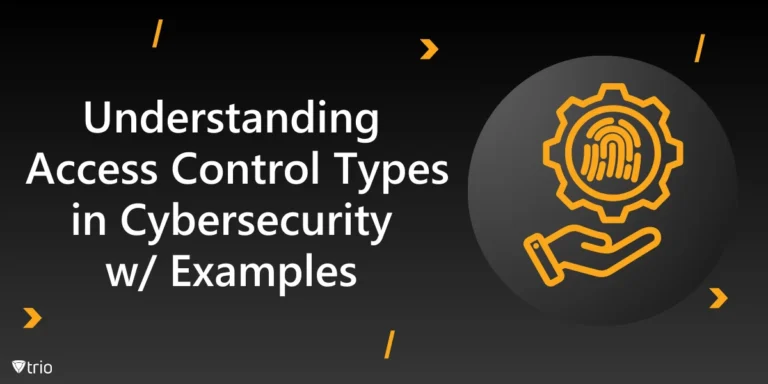
Understanding Access Control Types in Cybersecurity w/ Examples
Thorough understanding of access control types & the knowledge to make informed decisions about implementing security measures in your organization.
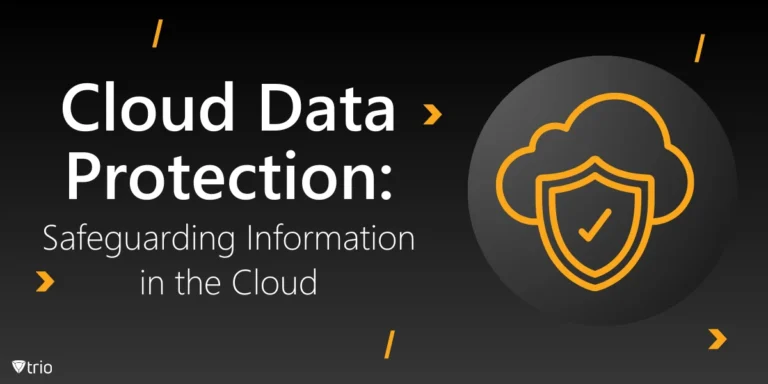
Cloud Data Protection: Safeguarding Information in the Cloud
Learn essential strategies for robust cloud data protection, exploring tools, best practices, and policies that safeguard sensitive information.
